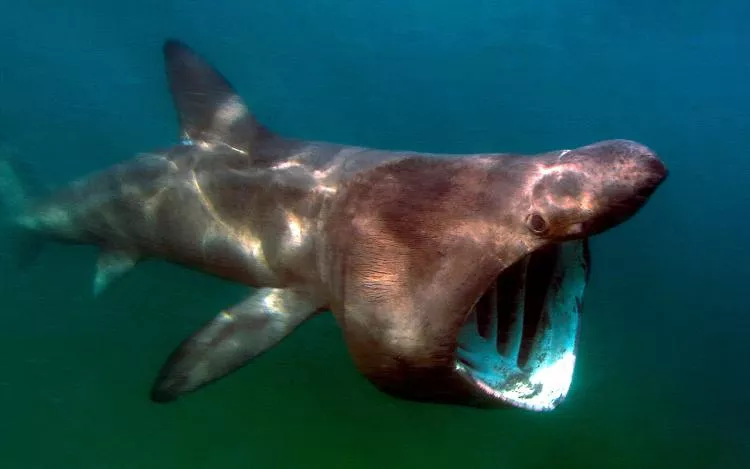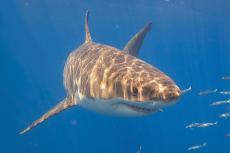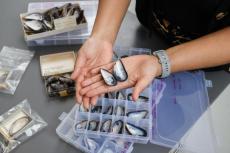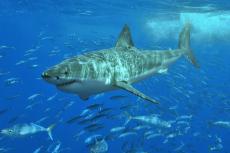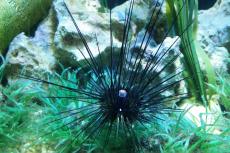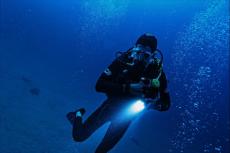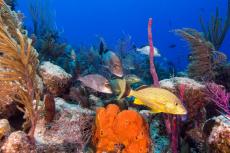Basking sharks are not cold-blooded
In a surprising twist to our understanding of marine biology, recent research has revealed that basking sharks, known for their gentle, plankton-feeding habits, are partially warm-blooded.
The revelation that basking sharks are partially warm-blooded challenges previous assumptions about the physiology of these colossal creatures and has significant implications for their conservation and understanding of marine ecosystems.
An international team of researchers, led by Trinity College Dublin, conducted a study published in the journal Endangered Species Research. The team undertook dissections of deceased basking sharks and designed a new low-impact tagging method to record the body temperature of free-swimming basking sharks off the coast of County Cork, Ireland.
Elevated temperature
The research revealed that basking sharks possess cruise-swimming muscles located deep inside their bodies, similar to those found in apex predators like white sharks and tunas. Additionally, their hearts are stronger and more muscular compared to most fish species, likely aiding in generating high blood pressure and flow.
The tagging results showed that the muscle temperatures of basking sharks are consistently elevated above water temperatures, aligning closely with their regionally-endothermic predatory cousins.
This discovery of regional endothermy in basking sharks is groundbreaking. It suggests that the ability to maintain a warm body temperature is not exclusive to fast-swimming, apex predators but is also present in a species with a vastly different lifestyle. Haley Dolton, the lead author of the study, highlights the importance of this finding for conservation strategies, as it may change previous assumptions about the metabolism and potential distribution shifts of these sharks in response to ocean warming.
Conservation concerns
Basking sharks, the second-largest fish in the world, have experienced significant population declines in the North-East Atlantic over the last century. They gained legal protection in Irish waters only recently. Understanding their warm-blooded nature is crucial for developing effective conservation measures, especially as they might respond differently to ocean warming compared to other fish species.


